
“Good times and bum times, I’ve seen them all, and, my dear, I’m still here.” These lines from Stephen Sondheim’s I’m Still Here capture the resilience and artistry of Hollywood’s nonagenarian icons. These individuals are not only performers but living chronicles of film history. Their continued presence embodies a creative spirit that has shaped cinematic storytelling for generations.
In a world where fame often fades quickly, these distinguished figures remain enduring monuments to perseverance and artistic excellence. They witnessed the transformation of cinema from its formative years to today’s global industry, leaving behind performances and perspectives that enrich both film and culture.
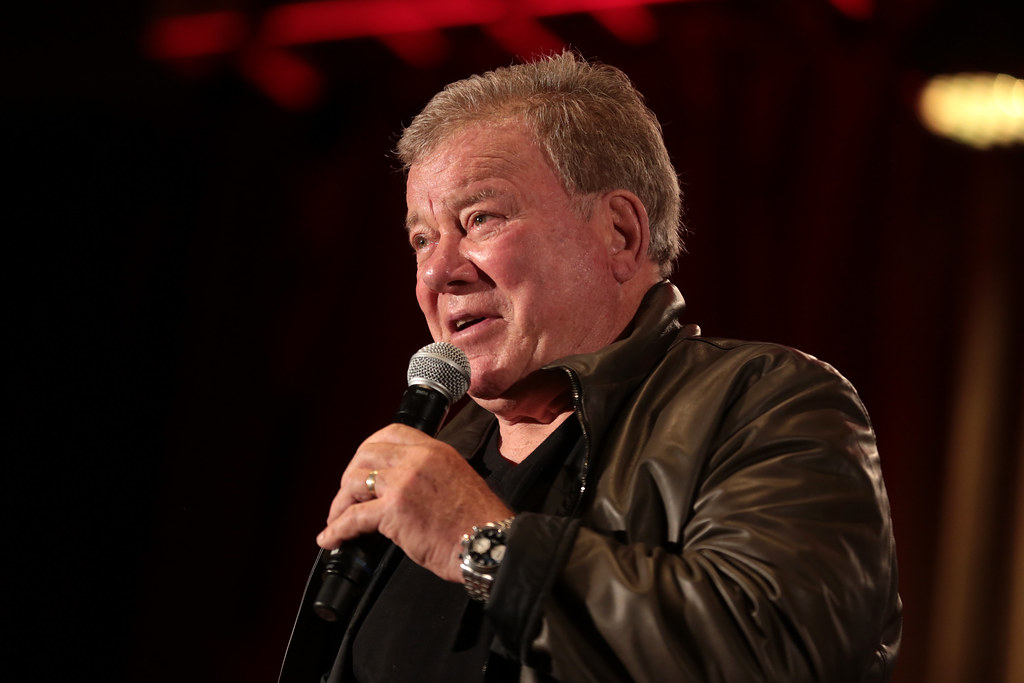
William Shatner: A Life of Exploration
Born March 22, 1931, William Shatner became a global icon through his portrayal of Captain James T. Kirk in Star Trek. His commanding presence and distinctive delivery made Kirk a cultural archetype of leadership and adventure.
Beyond the science fiction universe, Shatner pursued a diverse career, from drama to comedy to music. In 2021, at age 90, he became the oldest person to fly to space, turning his fictional voyages into a real-life achievement. His career is defined by reinvention and ambition, reminding audiences of the boundless potential of imagination.
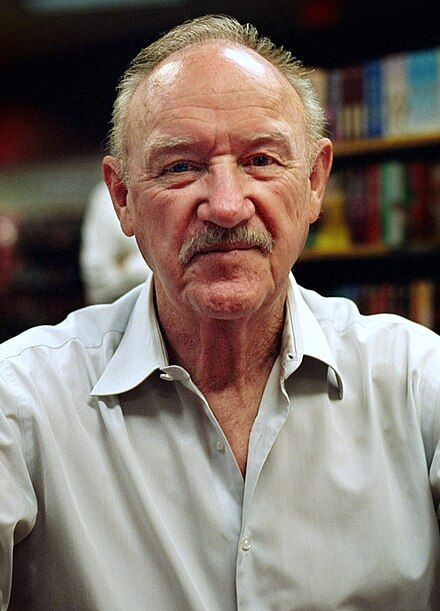
Gene Hackman: The Master of Authenticity
Born January 30, 1930, Gene Hackman earned acclaim for roles marked by authenticity and intensity. His two Academy Awards, for The French Connection (1971) and Unforgiven (1992), along with four Golden Globes and two BAFTAs, reflect his stature as one of the great actors of his generation.
Hackman excelled in portraying complex characters, whether in law enforcement, political intrigue, or human drama. His subtle gestures and quiet intensity redefined cinematic realism. Even in retirement, his work remains a benchmark for naturalistic performance and dramatic integrity.
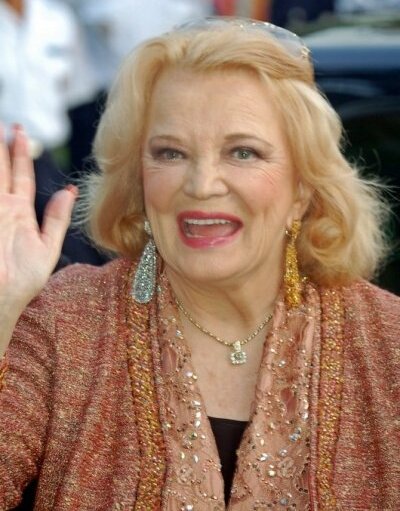
Gena Rowlands: Independent Spirit
Born June 19, 1930, Gena Rowlands became renowned for her collaborations with director John Cassavetes. Together, they created groundbreaking films such as A Woman Under the Influence (1974) and Gloria (1980), both of which showcased her fearless approach to emotionally complex characters.
Rowlands’ commitment to authenticity and her embrace of unconventional roles influenced generations of filmmakers. Her performances in independent cinema remain symbols of artistic courage, redefining portrayals of women on screen.
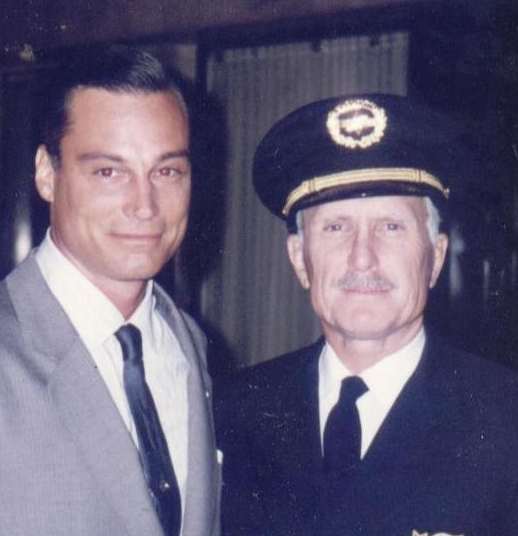
Robert Duvall: The Actor’s Actor
Born January 5, 1931, Robert Duvall built one of the most respected careers in Hollywood. With an Academy Award, four Golden Globes, a BAFTA, two Primetime Emmys, and a Screen Actors Guild Award, his achievements underscore his versatility and commitment to realism.
His role as Tom Hagen in The Godfather (1972) exemplifies his quiet power and depth. Known for disappearing into his characters, Duvall has portrayed an extraordinary range of figures with precision and authenticity, leaving a profound influence on film acting.

Robert Wagner: Hollywood’s Charming Presence
Born February 10, 1930, Robert Wagner captivated audiences with his screen presence and adaptability. From A Kiss Before Dying (1956) to The Pink Panther (1963) and The Towering Inferno (1974), Wagner demonstrated versatility across genres.
His enduring appeal lay in his sophistication and charm, making him a memorable figure across decades of Hollywood history. His work reflects the shifting sensibilities of cinema from the 1950s onward.
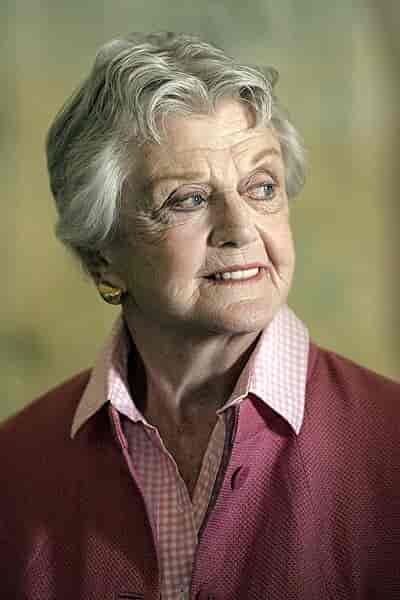
Dame Angela Lansbury: A Career of Endless Adaptability
Born October 16, 1925, Dame Angela Lansbury’s career spanned stage and screen with unmatched versatility. With five Tony Awards, six Golden Globes, and an Olivier Award, she became an entertainment icon.
From Gaslight (1944) and The Picture of Dorian Gray (1945) to her unforgettable performance in The Manchurian Candidate (1962), Lansbury proved her extraordinary range. She transitioned effortlessly between drama and lighter roles, leaving a legacy of artistic excellence that continues to inspire.

Leslie Phillips: A Voice of British Comedy
Born April 20, 1924, Leslie Phillips was celebrated for his wit and charm. His roles in the Carry On and Doctor in the House series cemented his popularity. With his signature voice and impeccable comedic timing, he became a beloved figure in British entertainment.
Phillips embodied a quintessential British humor that remains cherished today. His contributions to comedy shaped the genre for generations.

Joanne Woodward: A Portrait of Emotional Depth
Born February 27, 1930, Joanne Woodward earned an Academy Award, three Emmys, and three Golden Globes. Known for her psychological depth, she consistently pursued roles that challenged stereotypes and revealed emotional truths.
Her fearless choices and authenticity influenced peers and successors alike. Woodward’s legacy lies in her commitment to realism and her enduring artistry.

Betty White: A Beloved Icon
Born January 17, 1922, Betty White held the record for the longest television career. Her warmth and comedic brilliance carried seamlessly into film, where she appeared in productions such as Advise & Consent (1962).
Her ability to connect with audiences across generations made her a cultural phenomenon. White’s career embodied adaptability, humor, and lasting joy, leaving behind a legacy of inspiration.

Bernard Cribbins: A Cherished British Actor
Born December 29, 1928, Bernard Cribbins became a familiar face through roles that combined warmth and authenticity. His performance as Albert Perks in The Railway Children (1970) endeared him to families worldwide.
Equally capable in drama and suspense, Cribbins left a versatile body of work that continues to evoke admiration and affection in British cinema and television.
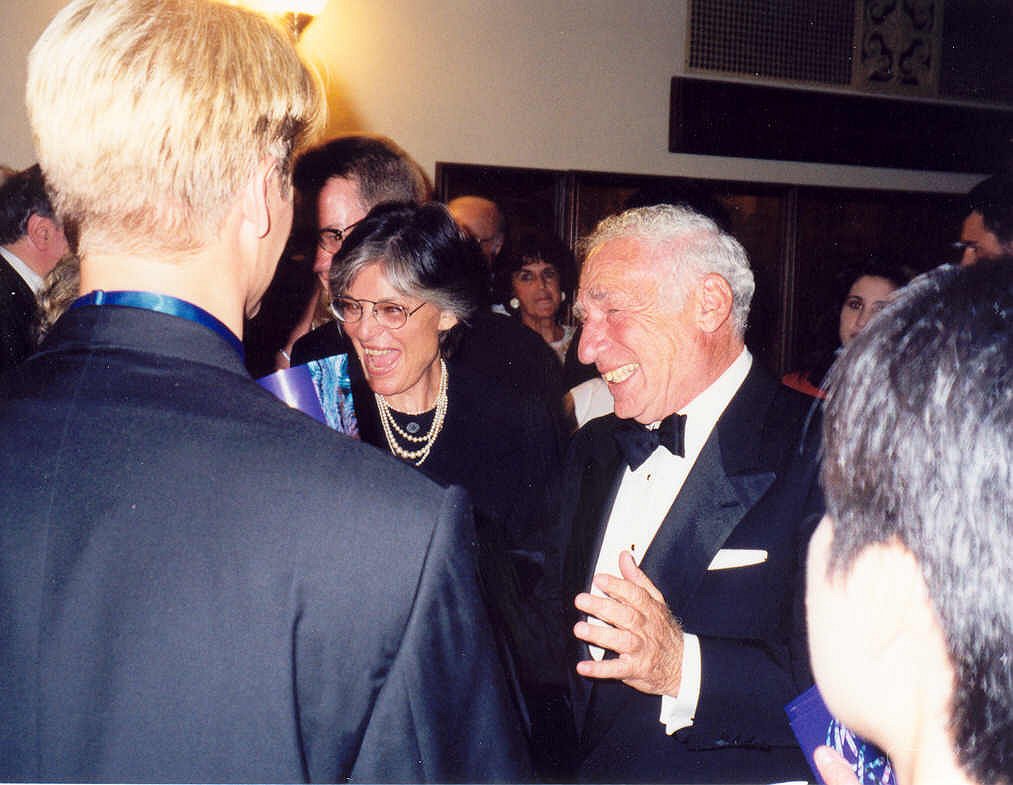
Mel Brooks: Redefining Comedy
Born June 28, 1926, Mel Brooks transformed film comedy with his sharp wit and fearless satire. The Producers (1967), Blazing Saddles (1974), and Young Frankenstein (1974) remain landmarks of the genre.
Brooks challenged conventions and proved humor could serve as social commentary. His influence extends to generations of comedians and filmmakers who embrace daring, intelligent comedy.

Gina Lollobrigida: The European Sensation
Born July 4, 1927, Gina Lollobrigida epitomized the glamour of post-war Italian cinema. Her breakthrough role opposite Humphrey Bogart in Beat the Devil (1953) established her as an international star.
Lollobrigida represented the global expansion of cinema in the mid-20th century, embodying sophistication and talent. Her legacy bridges Hollywood and European film traditions, securing her place in cinematic history.

These remarkable artists demonstrate that true artistry transcends time. Their careers are not only records of personal achievement but also reflections of cultural change and cinematic evolution. They remind us that storytelling remains one of humanity’s most enduring pursuits, and through their work, they are still here, woven into the fabric of collective memory.



